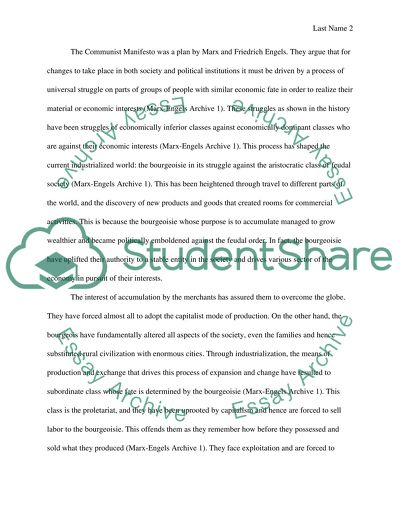Cite this document
(“Argumentation Based on Marx's Communist Manifesto Essay”, n.d.)
Argumentation Based on Marx's Communist Manifesto Essay. Retrieved from https://studentshare.org/social-science/1471813-argumentation-essay-based-on-karl-marx-the
Argumentation Based on Marx's Communist Manifesto Essay. Retrieved from https://studentshare.org/social-science/1471813-argumentation-essay-based-on-karl-marx-the
(Argumentation Based on Marx'S Communist Manifesto Essay)
Argumentation Based on Marx'S Communist Manifesto Essay. https://studentshare.org/social-science/1471813-argumentation-essay-based-on-karl-marx-the.
Argumentation Based on Marx'S Communist Manifesto Essay. https://studentshare.org/social-science/1471813-argumentation-essay-based-on-karl-marx-the.
“Argumentation Based on Marx'S Communist Manifesto Essay”, n.d. https://studentshare.org/social-science/1471813-argumentation-essay-based-on-karl-marx-the.


